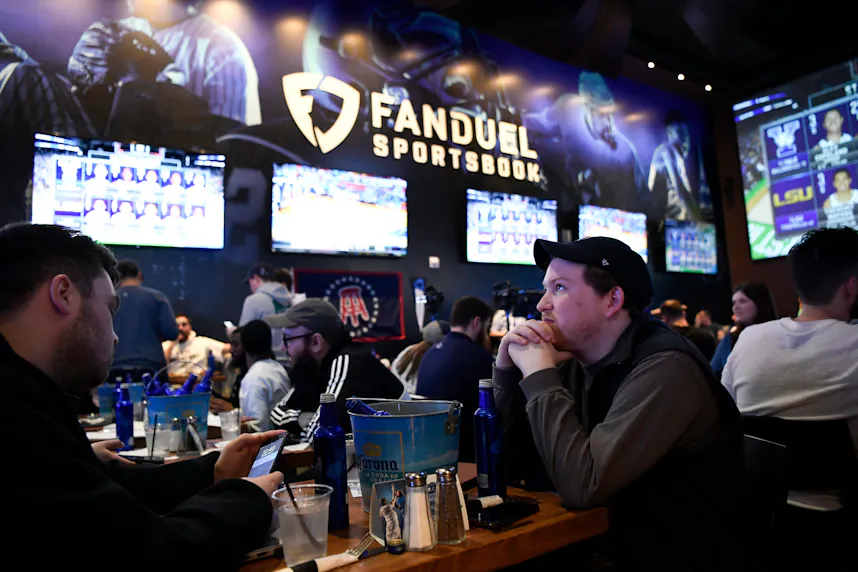Prediction Market Decision May Tip Scales for New Jersey Sportsbooks

Last Updated: September 18, 2025 3:03 PM EDT • 3 minute read X Social Google News Link


Jefferies Equity Research analyst David Katz sees the ongoing dispute over prediction markets in New Jersey as a net positive for the sports betting industry, regardless of the eventual outcome. The result of the dispute, which centers on whether prediction markets fall under state gambling laws or federal commodities regulation, could rewrite the entire industry.
Underlying all of Katz's arguments is the concept of regulatory transparency. Whereas ambiguity slows growth, a certain court judgment either puts all parties on a level playing field or creates space for regulated operators to respond and compete more successfully.
Currently, businesses like Kalshi and Robinhood operate prediction markets under the federal Commodity Futures Trading Commission (CFTC) without falling under the licensing jurisdiction of the New Jersey Division of Gaming Enforcement. It places them at a competitive advantage, as they do not incur the costly state regulation that is mandated for sportsbooks operating in the New Jersey sports betting market.
The case for Katz is that the New Jersey sports betting apps already have the infrastructure, customer acquisition model, and marketing efficiencies to win against new entrants once the regulations are established.
If the courts side with New Jersey, the state will regulate prediction markets, preventing regulatory arbitrage and favoring incumbents. If Kalshi emerges victorious, as per Katz, sportsbooks might still counter by leveraging their scale to diversify into adjacent product lines. That could result in an increase in New Jersey sportsbook promos.
Either way, uncertainty is the biggest pain. Stuck in limbo with regulators and operators, the industry is unable to grow. Katz highlights that it's clear guidance, at either the state or the federal level, that is the ultimate driver of growth in New Jersey's regulated gaming sector.
Federal vs. State control
The Third Circuit Court of Appeals recently heard arguments in the Kalshi–New Jersey case. At least two judges pressed New Jersey's attorneys early, questioning whether the state could realistically exclude sports contracts from the Commodity Exchange Act's broad definition of swaps.
Kalshi, having already secured a preliminary injunction to keep operating, pointed to the CFTC's "exclusive jurisdiction" over contract markets. New Jersey countered that its sports betting framework risks being undermined if such platforms avoid state oversight.
However, judges repeatedly referred to the statutory language, suggesting skepticism of the state's position. This, on the surface, seems to give Kalshi more power over the state.
Judge Michael Chagaves noted that the swaps definition is "pretty broad," while Judge David J. Porter pushed Kalshi's attorney to clarify what kinds of wagers might fall outside it. Kalshi further argued that New Jersey's approach would effectively classify global futures markets as gambling, an outcome that conflicts with federal law.
The panel also considered practical conflicts, such as New Jersey's rule requiring in-state bettors for federally regulated platforms. Hypotheticals from the bench reflected the tension between state concerns over losing sports betting control and the expansive federal authority granted to the CFTC.
Whatever the outcome, the judges' probing suggested that federal preemption will weigh heavily in the final ruling.

Ziv Chen X social





